Using social media can offer an entertaining diversion, but it also carries potential risks to mental well-being. The association between social media usage and negative outcomes, such as harmful social comparisons, diminished self-esteem, depression, anxiety, social isolation, and cyberbullying, is well-documented. While limited use of social media may offer certain advantages, the addictive nature of the continuous cycle of posting, clicking, and liking poses challenges in establishing healthy boundaries or curbing its impact.
If you’ve ever considered reducing your time on social media, you’re heading in a positive direction. Numerous studies consistently highlight the potential negative impact of social media on mental health. This doesn’t imply that using social media in any capacity is inherently harmful. Nevertheless, falling into the trap of becoming addicted to the allure of clicks and likes can make it challenging to strike a healthy balance between beneficial and detrimental usage.
Social media, in itself, is not inherently detrimental. The issue arises when one struggles to disengage. Social media platforms are intentionally designed to tap into addictive tendencies, using visual and auditory stimuli, such as the satisfaction of receiving a “like” or a notification sound, to activate the brain’s pleasure and reward pathways.
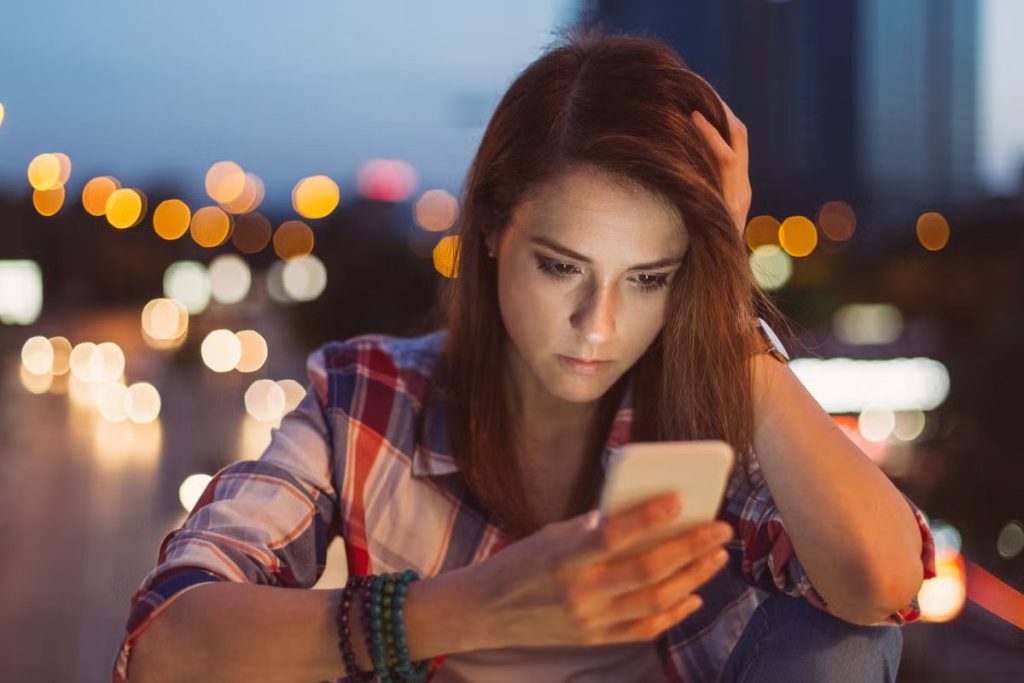
The pleasure derived from social media interactions, like receiving a “like” or a “comment,” prompts the release of dopamine, a neurotransmitter associated with positive feelings. This mechanism, evolutionarily beneficial for encouraging positive activities like exercise and socializing, is exploited by substances like drugs but can also be triggered by excessive social media use.
Over time, the desire for the pleasure associated with online recognition can increase, leading to cravings in between interactions. This oversimplified explanation mirrors aspects of addiction. It’s important to recognize that one doesn’t have to succumb to social media addiction, yet negative mental health consequences can still manifest without a full-blown addiction.
The more one becomes entangled in the allure of social media, the greater the likelihood that online activities may adversely impact mental well-being. Balancing and mindful use of social media can help mitigate these potential negative consequences.
Here are 10 ways social media affects your mental health that you may not have realized;
1. Social Media Triggers The Fear Of Missing Out

When perusing the posts of others, it’s easy to feel as though you’ve missed out on gatherings, inside jokes, or the formation of new connections. This sensation is particularly poignant when you observe friends or family engaging in activities without your involvement. Discovering that you were excluded from an event can evoke feelings of sadness, depression, and loneliness.
Moreover, witnessing the seemingly perfect lives portrayed by others on social media can intensify a profound sense of inadequacy. It’s not just about missing events or parties; there’s also a pervasive feeling of missing out on a superior or more fulfilling life.
2. You Begin To Compare Yourself To Others
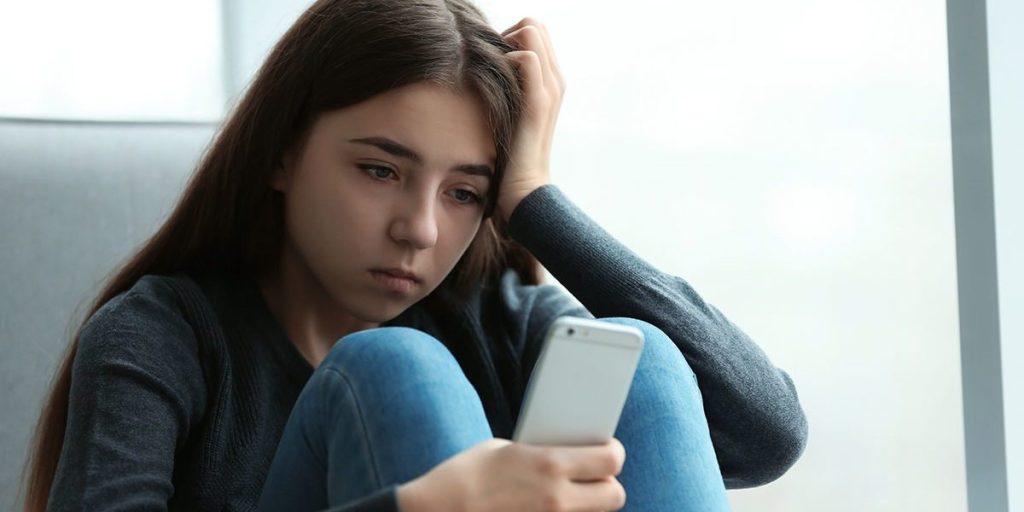
Comparing yourself to others can serve as positive motivation, but it also carries the potential for negative impacts on your mental well-being. It’s crucial to recognize that people typically share only the positive aspects of their lives on social media. Many highlight only the highlights, presenting a distorted image of an idealized existence.
For instance, a friend seemingly thriving in a perfect career may not reveal the challenges, like enduring 80-hour workweeks or the sacrifices made in personal life. The curated content on social media often omits the downsides.
Moreover, social media can distort perceptions of beauty and appearance. Influencers, aided by professional photographers, makeup, optimal lighting, and strategic poses, present images that may not reflect reality. Even when aware of these enhancements, repeated exposure to seemingly flawless pictures can lead to a decline in self-esteem.
3. It Isolates You

Despite its name suggesting a connection among friends, family, and acquaintances, social media can, in reality, contribute to increased isolation. Numerous studies have found a correlation between social media use and greater social isolation. For example, a study observing 143 college students revealed that those who limited their social media use to 30 minutes per day experienced less depression and loneliness compared to those who used it normally.
Similarly, a study involving over 1,000 adults demonstrated that individuals spending more than two hours daily on social media reported feeling more socially isolated than those who spent 30 minutes or less.
While a clear correlation exists, the exact cause remains uncertain. It might be that individuals feeling lonely are more inclined to turn to social media for connection. Alternatively, excessive social media use could limit face-to-face interactions, which are crucial for overall well-being and cannot be fully replaced by online connections.
4. It Exposes You To Bullying

Social media exposes individuals, especially young people, to the risk of bullying from online trolls, but this threat is not limited to any age group. Trolls often engage in hurtful behavior that they might not express face-to-face, taking pleasure in making others miserable.
According to a Pew Research Center study, 59% of teens have experienced online bullying, involving actions such as name-calling, spreading false rumors, sharing explicit images without consent, stalking, and issuing physical threats.
Children and teens who are bullied online are more likely to develop depression, anxiety, and low self-esteem compared to their peers. Even witnesses to online bullying can suffer negative mental health consequences, including anxiety, depression, and stress.
It’s crucial to note that online bullying is not confined to younger demographics; adults can also be victims. While adults may possess more coping mechanisms, the emotional impact remains substantial.
5. It Makes You Feel More Depressed
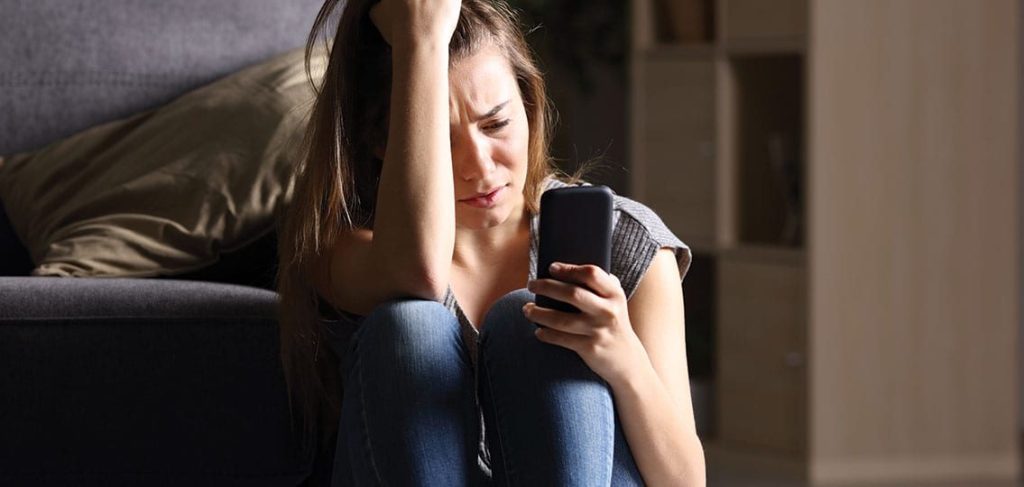
Numerous studies indicate a link between social media use and heightened feelings of anxiety and depression. Much of this correlation can be attributed to the tendency for social comparison. Engaging in comparisons online may lead to dwelling on perceived shortcomings and a focus on what could be improved in one’s life, a thought pattern closely associated with depression.
These studies emphasize the significance of the time spent on social media. The more time individuals dedicate to online social platforms, the more likely they are to exhibit symptoms of depression. Additionally, a correlation exists between the amount of time spent online and increased levels of anxiety.
Another contributing factor to the potential triggering of anxiety and depression through social media use is the isolation it may induce. As social beings, humans thrive on face-to-face interactions. If social media becomes a primary replacement for in-person connections, it can have a notable impact on mental health.
6. It Is Very Addictive

The concept of internet addiction, and by extension, social media addiction, has been a topic of debate among experts. While there isn’t unanimous agreement on whether these addictions are officially recognized, there is evidence suggesting their existence.
A review study from Nottingham Trent University delved into previous research on psychological characteristics, personality traits, and social media use. The authors concluded that it might be plausible to speak specifically of ‘Facebook Addiction Disorder’ due to the presence of addiction criteria in some individuals who excessively use social networks. These criteria include neglect of personal life, mental preoccupation, escapism, mood modification experiences, tolerance, and concealing addictive behavior.
Studies have also explored the withdrawal symptoms associated with internet use, encompassing social media. A study from Swansea University revealed that individuals experienced psychological withdrawal symptoms when they ceased internet use. A subsequent follow-up study found measurable physiological effects accompanying psychological withdrawal when people stopped using digital devices. While it’s not entirely clear if these findings specifically apply to social media use, anecdotal evidence suggests a potential connection.
7. It Can Lead To Jealousy
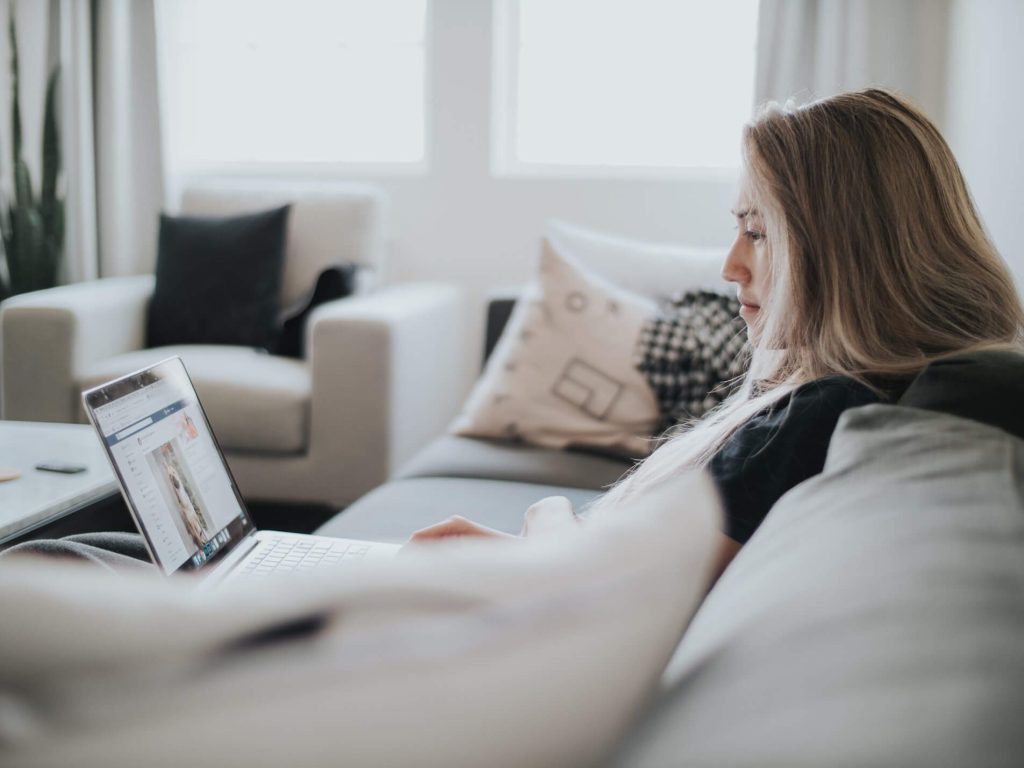
The impact of social media jealousy is widely acknowledged. Many people openly admit to experiencing envy when exposed to their peers’ seemingly perfect lives, be it lavish vacations or well-behaved children. Numerous studies have indeed confirmed that social media use can evoke feelings of jealousy.
One study focused on jealousy and other negative emotions arising from Facebook use and emphasized the remarkable prevalence of envy incidents on the platform. The authors noted that Facebook serves as a fertile ground for the cultivation of envious feelings. They highlighted the potential for a harmful cycle: the experience of jealousy might drive individuals to enhance the portrayal of their own lives, leading to the posting of envy-inducing content in an ongoing loop of comparison and jealousy.
8. Having More Friends On Social Media Doesn’t Mean You Are Social
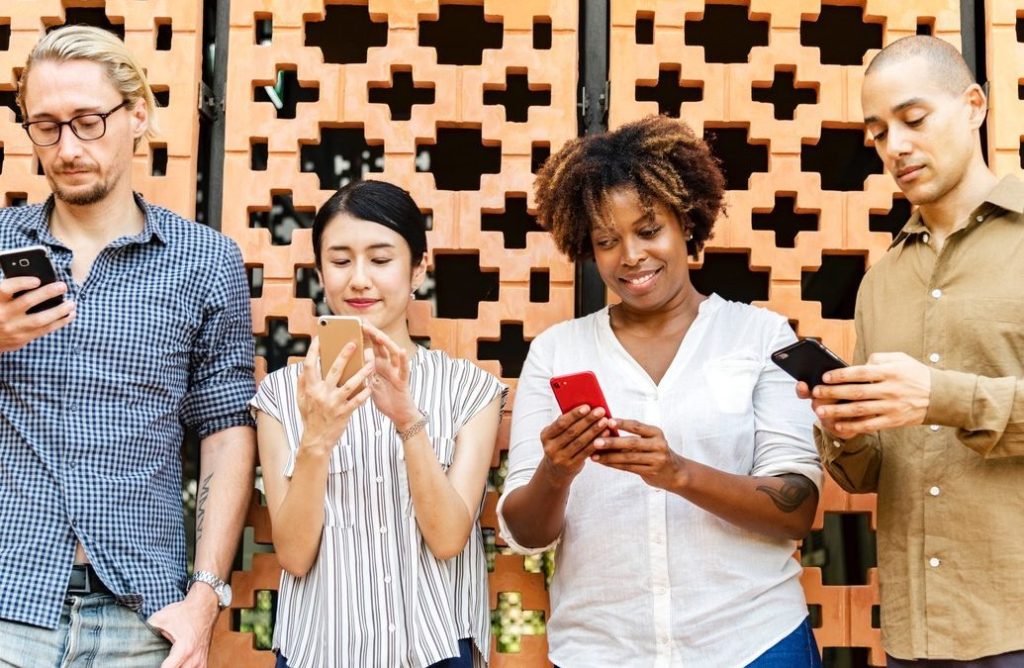
A study from a few years ago indicated that there might be a limit to the number of friends a person’s brain can effectively handle, and genuine social interaction—beyond the virtual realm—is crucial for maintaining meaningful friendships.
While being on Facebook or other social platforms might give a sense of social connection, it doesn’t replicate the therapeutic impact of spending time with real friends. Loneliness is associated with various health and mental health issues, including an increased risk of early death. Hence, fostering genuine, in-person social support is vital for overall well-being.
9. It Makes You More Delusional

Similar to a drug, people may mistakenly believe that engaging with social media will provide a positive boost, but in reality, it often leaves them feeling worse. This discrepancy arises from a miscalculation in our ability to predict our own emotional response.
For example, a study examining how people feel after using Facebook found that participants consistently reported feeling worse after using the platform compared to engaging in other activities. Interestingly, a follow-up experiment revealed that contrary to their actual experiences, individuals generally believed that they would feel better after using Facebook.
This pattern resembles the dynamics observed in other types of addiction, where individuals continue to seek the substance or behavior despite its detrimental effects on their well-being. Recognizing this forecasting error can be a crucial step in breaking the cycle and fostering a healthier relationship with social media.
10. It Triggers Sadness

The relationship between social media use and happiness is a complex one, with studies suggesting that increased use, particularly on platforms like Facebook, may be linked to decreased moment-to-moment happiness and overall life satisfaction. A study conducted a few years ago found that as people used Facebook more throughout the day, both moment-to-moment happiness and life satisfaction tended to decline.
The authors of the study propose that this decrease in well-being might be attributed to the perception of social isolation that Facebook can evoke, a phenomenon not typically associated with other solitary activities. While Facebook offers an immediate means of connection, the study suggests that, unlike frequent interactions with supportive offline social networks, engaging with Facebook may predict a decline in well-being for young adults.
Conclusion
Social media, when used mindfully, can indeed have positive impacts on mental well-being. It’s not solely responsible for all mental health challenges.
However, it’s crucial to use social media in moderation and remain aware of its potential pitfalls and risks. Understanding the possible negative impacts allows individuals to make informed choices about their social media usage. If attempts to limit use prove challenging, seeking guidance from mental health professionals can be a proactive step toward establishing positive goals and a healthier relationship with social media.
